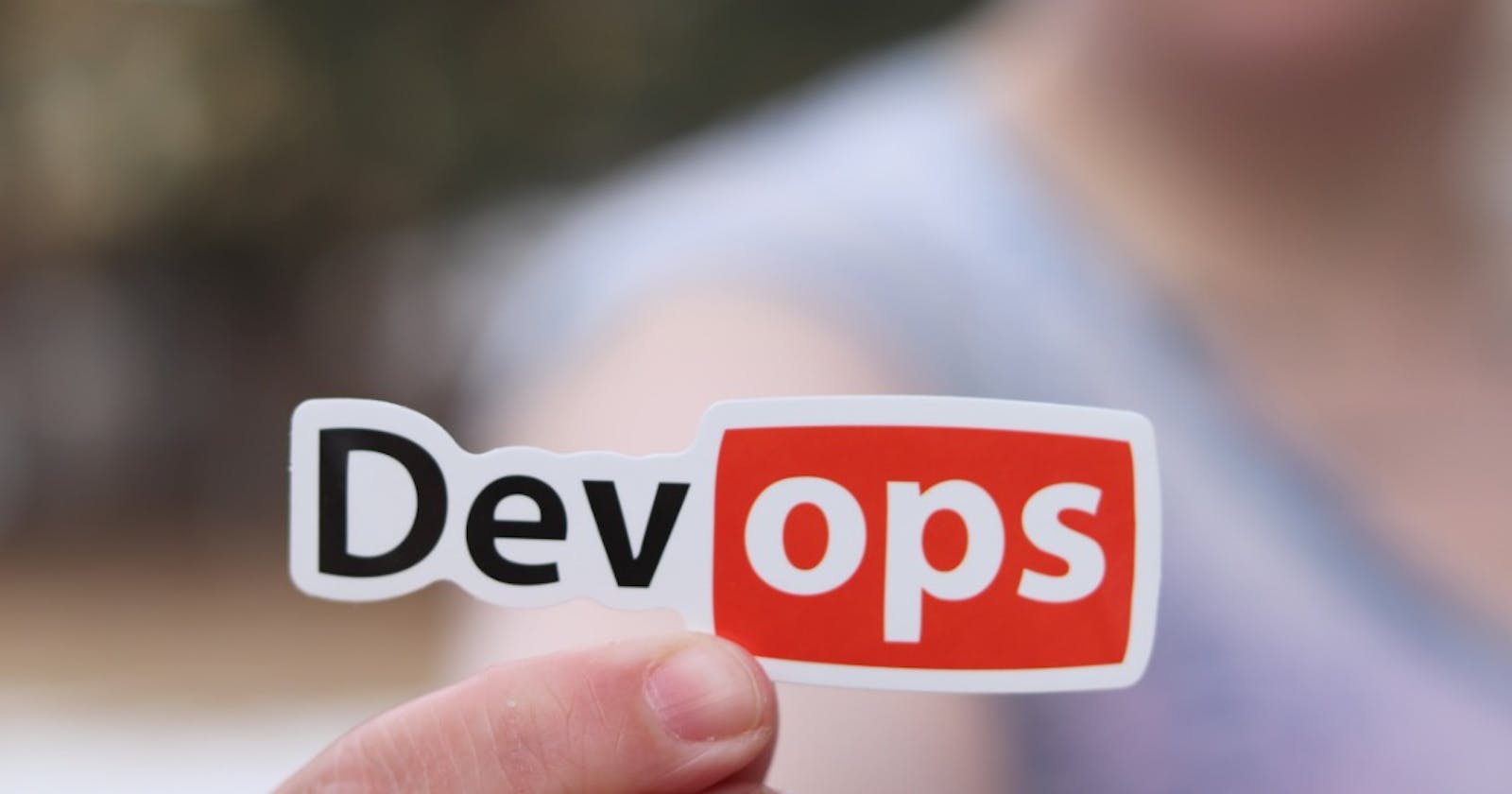A DevOps roadmap is a plan that outlines the steps an organization needs to take in order to successfully implement a DevOps culture and approach to software development. This roadmap can help organizations better understand the benefits of DevOps, identify the key areas where it can have the biggest impact, and plan for a smooth and successful transition to a more agile and collaborative way of working.
The first step in creating a DevOps roadmap is to understand what DevOps is and why it is important. DevOps is a set of practices and tools that help organizations deliver software faster, with higher quality, and with less downtime. It is a culture of collaboration and continuous improvement, where development and operations teams work together to automate and optimize the entire software delivery process.
Once you have a clear understanding of DevOps and its benefits, the next step is to assess your current organizational culture and processes. This assessment should include an analysis of your current development and operations practices, as well as any existing tools and technologies you are using. This will help you identify any gaps or challenges that need to be addressed as part of your DevOps roadmap.
Once you have completed your assessment, the next step is to create a plan for implementing DevOps within your organization. This plan should include specific goals and objectives, as well as a timeline for achieving them. Some key areas to consider as part of your DevOps roadmap include:
Building cross-functional teams: In a DevOps environment, development and operations teams work together closely, sharing responsibility for the entire software delivery process. This requires a shift in organizational culture and the creation of cross-functional teams that are empowered to work together and make decisions.
Automating processes: DevOps relies heavily on automation, from continuous integration and delivery to infrastructure as code and other processes. As part of your DevOps roadmap, you should plan for the implementation of tools and processes that will help automate and optimize your software delivery pipeline.
Adopting agile practices: DevOps is closely aligned with agile methodologies, which prioritize flexibility, collaboration, and continuous feedback. As part of your DevOps roadmap, you should plan for the adoption of agile practices such as iterative development, regular retrospectives, and regular demonstrations of working software.
Investing in training and education: A successful DevOps implementation requires the entire organization to be on board, from top executives to individual contributors. As part of your DevOps roadmap, you should plan for training and education programs that will help everyone understand the benefits of DevOps and how it will impact their daily work.
Implementing a DevOps roadmap can be a complex and challenging process, but it is also one that can yield significant benefits for organizations that are willing to make the investment. By creating a clear plan and taking a step-by-step approach, you can help ensure a smooth and successful transition to a more agile and collaborative way of working.
